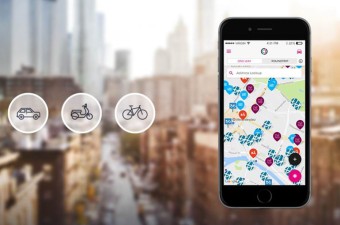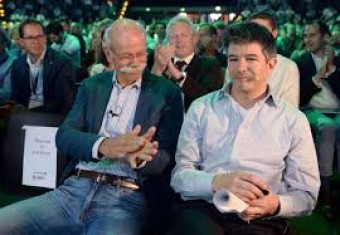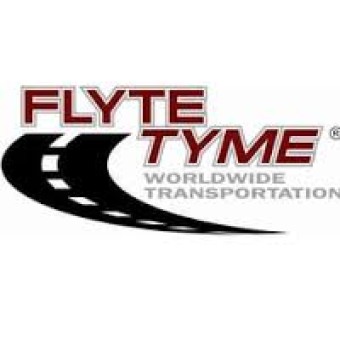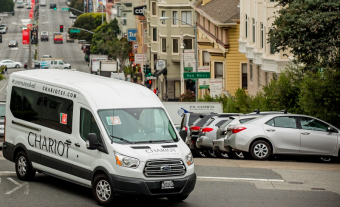Free2Move app to provide mobility “how, where and when needed”
Mobility on Demand (MOD) or Mobility as a Service is all the rage: instead of countless apps for each individual mobility option – one app to rule them all: that is the aim of the Free2Move digital platform launched today by French carmaker PSA. “It is a multibrand solution giving access to multimodal mobility options, today from car-sharing to bike-sharing, with more options added as time goes by. In fact: our aim is nothing less than to give the mobility customer whatever they need, whenever they need it”, says Brigitte Courtehoux, Senior Vice President of Connected Services and Mobility Business Unit at Free2Move.
Launched in September last year, Free2Move is PSA’s new mobility brand: an umbrella for the French car manufacturing group’s entire mobility initiatives, from leasing to car-sharing to connected services, both captive and multibrand, and much more. From today, Free2Move is also an app, and the new product has a similarly wide-ranging ambition as its umbrella brand.
The Free2move app provides access to the services of about 20 car-sharing providers and is already available in 15 major cities across Germany, Italy, Austria, Sweden and the UK. It will soon also be available in France, Spain and the Netherlands.
- The app is available free of charge on the App Store, Play Store and on Windows Phone. According to consultants Frost & Sullivan, the number of car-sharers worldwide is set to grow from 8 million in 2015 to 36 million in 2025.
The app will make mobility a lot easier for its users, providing centralized access to various types of solutions from different providers. The user can see all options available to them in the vicinity, can compare prices, locations and other specifics, and can immediately order a service. It is intesting to note that RenaultNissan just acquired the Karhoo taxi and FHV app, which also offers some multimobility options.
“The Free2Move app is a smart platform for convenient mobility services from any provider – so not just us at PSA Group, but also all others – and at any location”, says Brigitte Courtehoux. “Say, I am in Berlin, and I need a car. I can find and reserve one, and go pick it up in a matter of minutes – irrespective of which car-sharing company provides it”.
The Free2Move app aims to be as indiscriminate about its customers as it is about the mobility providers it partners with: “This platform is B2C to begin with, but obviously it has potential applicability for B2B customers as well; especially as more and more companies start providing their employees with mobility budgets instead of company cars. Our platform with our Free2Move app will help simplify corporate mobility and reduce cost – and even encourage more and more companies to share their corporate fleet, on our platform”.
Nor is the platform limited to car-sharing. Other mobility modes will be gradually added. Ultimately, the goal is for the Free2Move platform to live up to its ambitious name, freeing mobility customers to move as, where and when they want – with the platform offering all manner of shared cars and bikes, taxis and public transport.
More info, visit www.free2move.com.
- PSA’s Free2Move aims at being a multimobility platform.









